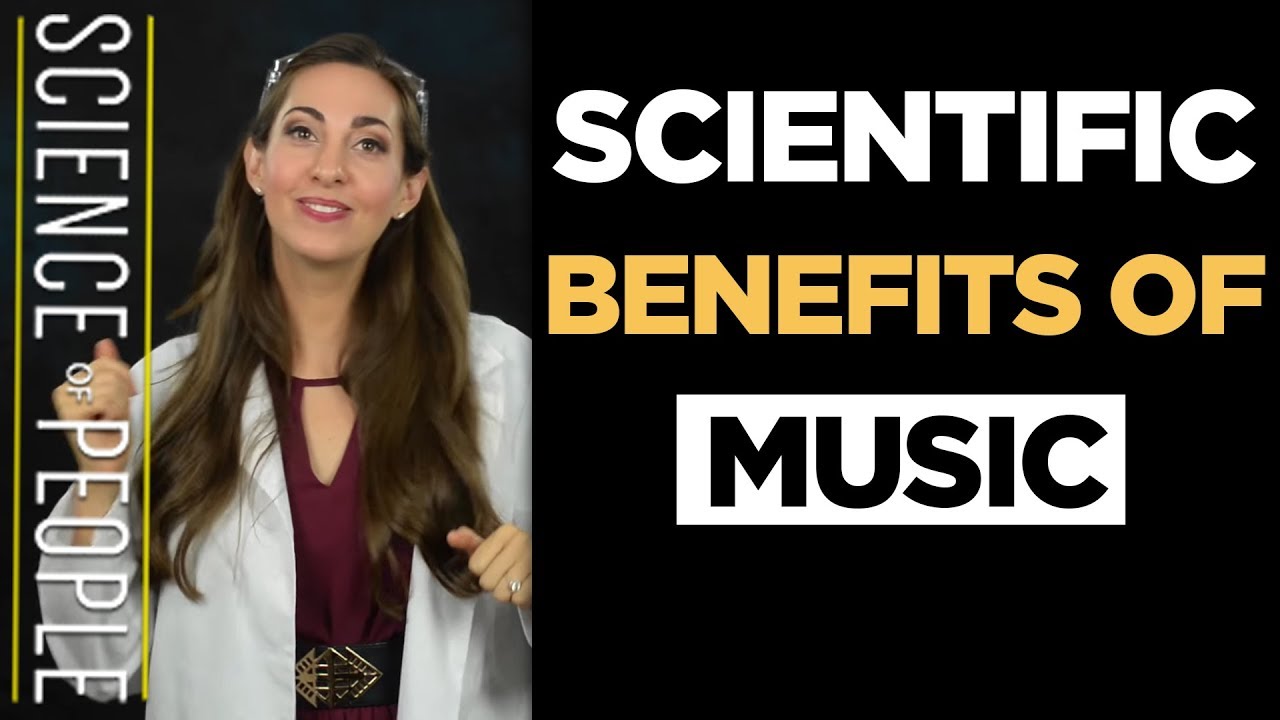The Benefits of Music: Unlocking the Power of Melodies
Welcome to our comprehensive guide on the benefits of music. As an expert in SEO and high-end copywriting, we have crafted this article to provide you with detailed information on how music can positively impact various aspects of our lives. By optimizing this content for the keywords “benefits of music,” we aim to help you outrank the current top-ranking article on Google search results.
The Power of Music
Music has a profound influence on our emotions, cognition, and overall well-being. It has been an integral part of human culture for centuries, and its benefits extend far beyond mere entertainment. Let’s delve into the numerous advantages music brings to our lives:
Enhances Mood and Emotional Well-being
Listening to music has the incredible ability to uplift our spirits and evoke a wide range of emotions. Whether it’s a joyful melody that makes us dance or a soothing tune that calms our minds, music has a direct impact on our mood. Research has shown that music can even help alleviate symptoms of depression and anxiety, providing a powerful tool for emotional healing.
Boosts Cognitive Function
Engaging with music stimulates various areas of the brain, enhancing cognitive function and promoting mental agility. Learning to play a musical instrument, for example, has been linked to improved memory, attention span, and problem-solving skills. Additionally, studies have found that background music can enhance focus and productivity, making it an excellent tool for studying or working.
Stress Relief and Relaxation
In our fast-paced and often stressful lives, music serves as a valuable source of relaxation and stress relief. Slow, calming melodies have been shown to reduce cortisol levels, a hormone associated with stress, while promoting the release of endorphins, the body’s natural “feel-good” chemicals. By incorporating music into our daily routines, we can create a peaceful and harmonious environment.
Physical Health Benefits
Believe it or not, music can have a positive impact on our physical health as well. Engaging in activities such as dancing or exercising to music not only makes the experience more enjoyable but also improves cardiovascular health, coordination, and overall fitness. Music therapy has also been utilized in healthcare settings to aid in pain management and rehabilitation.
Social Connection and Bonding
Music has a unique ability to bring people together, fostering social connection and bonding. Whether it’s attending concerts, joining a choir, or simply sharing favorite songs with friends, music provides a common ground for communication and shared experiences. This sense of belonging and connection can significantly contribute to our overall happiness and well-being.

In conclusion, the benefits of music are vast and encompass various aspects of our lives. From enhancing our mood and cognitive abilities to promoting relaxation and physical health, music has the power to transform our well-being. By understanding and harnessing the potential of music, we can unlock its incredible benefits and enrich our lives in profound ways.
Frequently Asked Questions about the Benefits of Music
1. How does music affect our mood?
Music has the power to influence our emotions by triggering the release of certain chemicals in the brain, such as dopamine and serotonin, which can improve our mood.
2. Can music help reduce stress?
Yes, listening to music can have a calming effect on the mind and body, reducing stress levels and promoting relaxation.
3. Does music improve cognitive function?
Research suggests that engaging with music, whether through playing an instrument or listening, can enhance cognitive abilities such as memory, attention, and problem-solving skills.
4. Can music improve sleep quality?
Listening to soothing music before bedtime has been shown to improve sleep quality by helping to relax the mind and promote a more restful state.
5. Does music have physical health benefits?
Yes, music can have physical health benefits such as reducing blood pressure, heart rate, and pain perception, as well as boosting the immune system.
6. Can music enhance exercise performance?
Listening to upbeat music during exercise has been found to increase motivation, endurance, and overall performance by distracting from fatigue and improving mood.
7. Does music have a positive impact on mental health?
Music therapy has been effective in improving mental health conditions such as depression, anxiety, and even symptoms of post-traumatic stress disorder (PTSD).
8. Can music improve social connections?
Music can bring people together, foster a sense of belonging, and promote social interactions, whether through attending concerts, participating in music groups, or simply sharing favorite songs.
9. Does learning to play a musical instrument have cognitive benefits?
Learning to play a musical instrument can enhance cognitive abilities, including memory, attention, and coordination, as it requires the brain to process multiple stimuli simultaneously.
10. Can music improve overall well-being?
Yes, music has the power to improve overall well-being by positively impacting various aspects of our lives, including emotional, mental, social, and physical health.




